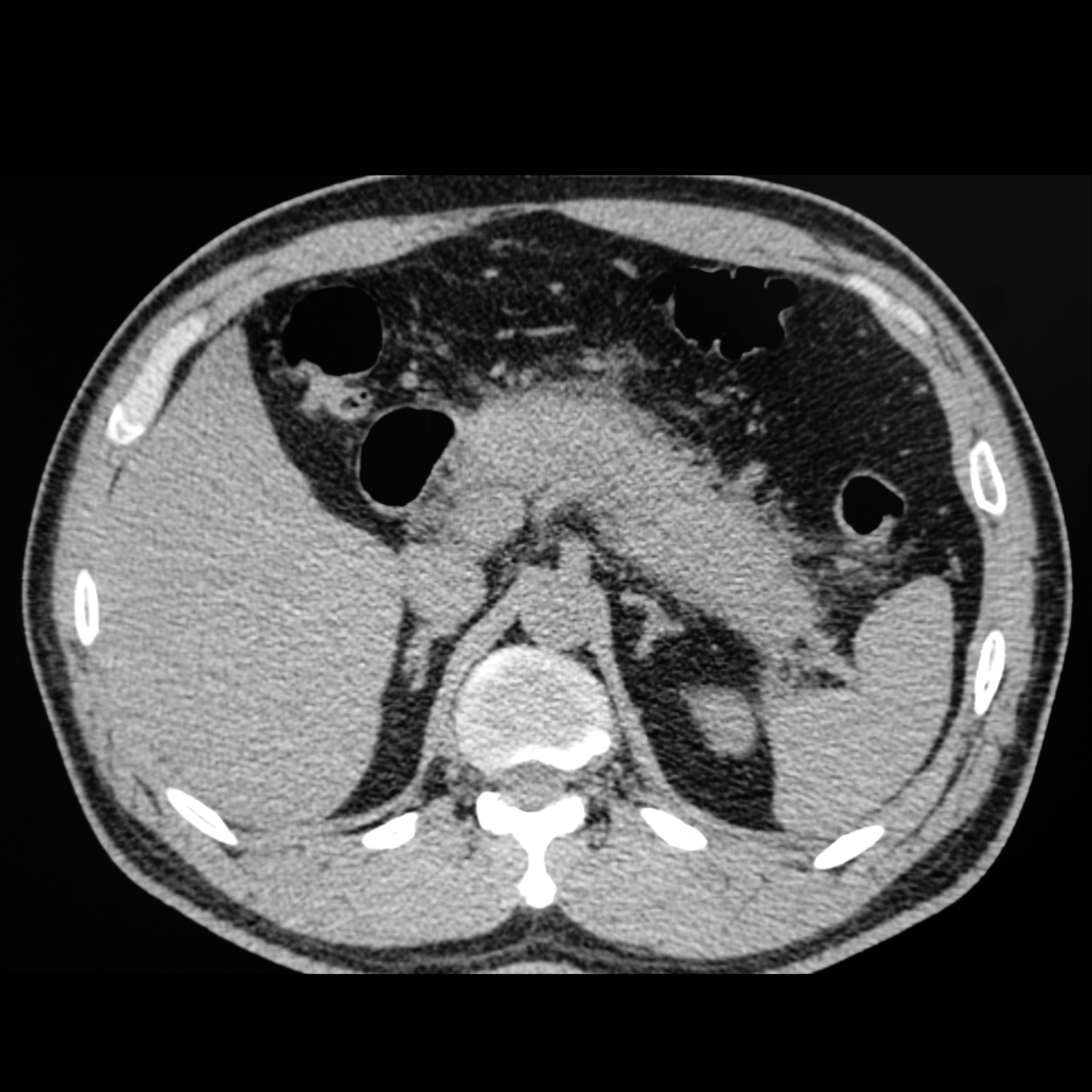Omega-3 Fatty Acids and Pancreatic Disease
Oct 02, 2022
Inflammation is the root cause of various chronic diseases. More specifically, it plays a major role in pancreatitis and pancreatic cancer. Omega-3 fatty acids have been found to positively impact inflammatory diseases and improve quality of life for patients, and they can be a helpful supplement in addition to medical treatment for these conditions.
What are Omega-3 Fatty Acids and Where are they Found?

Omega-3 fatty acids are a specific family of fat molecules that cannot be produced by the human body. The most common omega-3s are ALA, DHA, and EPA. Omega-3s have been shown to have various health benefits and are possible to obtain through diet. Some foods that are rich in omega-3 fatty acids include:
- Salmon and other fatty fish
- Flax seeds
- Chia seeds
- Walnuts
In addition to these foods, omega-3 fatty acids can be obtained through supplements, such as fish oil or algal oil. Omega-3s are typically deficient in the diets of people in western nations, so supplements are recommended for those who do not consume enough omega-3-rich foods.
Omega-3s in Acute Pancreatitis
 Acute pancreatitis is a serious inflammatory disease of the pancreas caused by an immune response. It can lead to systemic inflammatory response syndrome, organ failure, or the development of pancreatic cancer. Therefore, it is important to treat acute pancreatitis and reduce the inflammation associated with it.
Acute pancreatitis is a serious inflammatory disease of the pancreas caused by an immune response. It can lead to systemic inflammatory response syndrome, organ failure, or the development of pancreatic cancer. Therefore, it is important to treat acute pancreatitis and reduce the inflammation associated with it.
Omega-3 fatty acids have been found by a 2019 review to reduce inflammation and possibly lower the risk of organ failure in acute pancreatitis patients. They mitigate the inflammatory response associated with the disease by controlling cytokine production. Omega-3s are also associated with lower rates of infectious complication and shorter hospital stays for those with acute pancreatitis.
In addition, there have been no risks or safety problems resulting from administration of omega-3 fatty acids to acute pancreatitis patients, making it a feasible supplement to medical treatment of the disease. More research is needed to discover the exact effects of omega-3s on acute pancreatitis and confirm that there are no potential safety issues resulting from their administration.
Omega-3s in Pancreatic Cancer
 Not only are omega-3s helpful for acute pancreatitis, but they also provide benefits to pancreatic cancer patients. Pancreatic cancer has one of the lowest 5-year survival rates among all cancers, so it is vital to find new methods to control the disease and improve medical treatment for it.
Not only are omega-3s helpful for acute pancreatitis, but they also provide benefits to pancreatic cancer patients. Pancreatic cancer has one of the lowest 5-year survival rates among all cancers, so it is vital to find new methods to control the disease and improve medical treatment for it.
First, omega-3 fatty acids have been found to reduce risk of developing pancreatic cancer at all. A 2015 study found that receiving intravenous omega-3s weekly led to stabilization or partial treatment of advanced or metastatic pancreatic cancer in 30 of 35 patients tested. Statistics from San Francisco residents revealed that consuming 850 or more milligrams of omega-3s daily reduced risk of pancreatic cancer by 53 percent. These are highly promising results, but more in-depth studies are needed to strengthen the conclusion from this research.
Additionally, ongoing research at the University of Texas at Austin is looking into the possibility that the immunomodulatory effects of omega-3s can delay the progression of cancerous pancreatic tumors. The researchers have hypothesized that omega-3 fatty acids can hinder pancreatic cancer from spreading, but there are not yet conclusive results to confirm this.
Other Effects of Omega 3s
In addition to benefiting patients with acute pancreatitis and pancreatic cancer, omega-3s have a wide variety of positive health effects. These are:
- Lowering blood pressure in people with hypertension
- Lowering triglycerides
- Reducing the chances of cardiac arrest
- Lowering the risk for stroke
- Reducing the chance for blood clots
- Managing the body’s inflammation
Evidently, omega-3 fatty acids have a wide variety of health benefits. By managing the body’s inflammatory response, they can prevent a host of serious diseases. These benefits are most apparent in the gastrointestinal and cardiovascular systems.
Summary
Omega-3 fatty acids must be obtained through diet or supplementation. They have been shown to lower the risk of organ failure, lessen the chance of infection, and reduce hospital stay lengths in acute pancreatitis patients. For pancreatic cancer patients, omega-3s aid in prevention as well as potentially slowing disease progression. In addition to aiding pancreatic disease, omega-3s have various health benefits in the cardiovascular system for patients with heart disease.
Overall, omega-3 fatty acids show promise as a powerful supplement for reduction and treatment of pancreatic disease and other chronic diseases. Current research is further exploring their role in these diseases and their mechanism of treatment. However, it is known that consuming omega-3s regularly has a wide variety of health benefits and no risks. As such, it is safe to recommend them as a regular supplement or dietary element.







